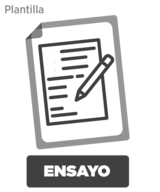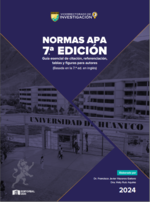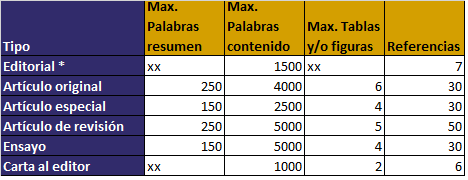Economic-digital profile of university students in times of COVID-19
DOI:
https://doi.org/10.37711/desafios.2021.12.1.280Keywords:
digital resources, economic resources, health status, COVID-19, university studentsAbstract
Objective. Describing the economic-digital profile of university students in times of COVID-19. Methods. The research had a quantitative approach of the basic type, observational-descriptive design and level; data were collected through a digital survey to know the variable of study in the students of the University of Huánuco during the period 2020. Results. The study included 10,155 (100 %) students, 58.7 % of whom were female, 81.7 % from the Huánuco campus, 43.4 % of whom were studying between the 5th and 8th cycles, and 25.3 % from the Law and Political Science academic program. Regarding digital resources, 46.8% use a laptop for their class sessions, 51.4% use a mobile Internet connection, 36.1% have normal bandwidth capacity (4M to 10M); 58% are located in the urban area, while 84.9% reported connectivity problems and the same percentage indicated that they use accessories for their classes. Regarding economic resources, the parents of 49.4 % of the students finance their studies, 89.9 % stated that the pandemic affected their economic income and 57.4 % consider that their educational continuity will be affected. Regarding the health situation, 71.7% are not in the group at risk of contracting COVID-19, 63.1% did not use discard tests, 62.3% said that some family member was infected and 9.3% of this group died. Conclusions. There is a complicated scenario for university students due to the presence of COVID-19 regarding digital, economic resources and the health situation that is impacting their professional training.
Downloads
Published
How to Cite
Issue
Section
License
Copyright (c) 2021 Uladislao Zevallos Acosta , Christian Paolo Martel-Carranza, Paola Elizabeth Pajuelo Garay , Joel José Chávez Matos , Diana Karina Palma-Lozano

This work is licensed under a Creative Commons Attribution 4.0 International License.
a. Los autores conservan los derechos de propiedad intelectual (copyright) de las obras publicadas, cediendole a la revista el derecho de primera publicación.
b. Los autores retienen sus derechos de marca y patente, y también sobre cualquier proceso o procedimiento descrito en el artículo.
c. Los autores retienen el derecho de compartir, copiar, distribuir, ejecutar y comunicar públicamente el artículo publicado en la RD (por ejemplo, colocarlo en un repositorio institucional o publicarlo en un libro), con un reconocimiento de su publicación inicial en la RD.
d. Los autores retienen el derecho a hacer una posterior publicación de su trabajo, de utilizar el artículo o cualquier parte de aquel (por ejemplo: una compilación de sus trabajos, notas para conferencias, tesis, o para un libro), siempre que indiquen la fuente de publicación (autores del trabajo, revista, volumen, número y fecha).
























